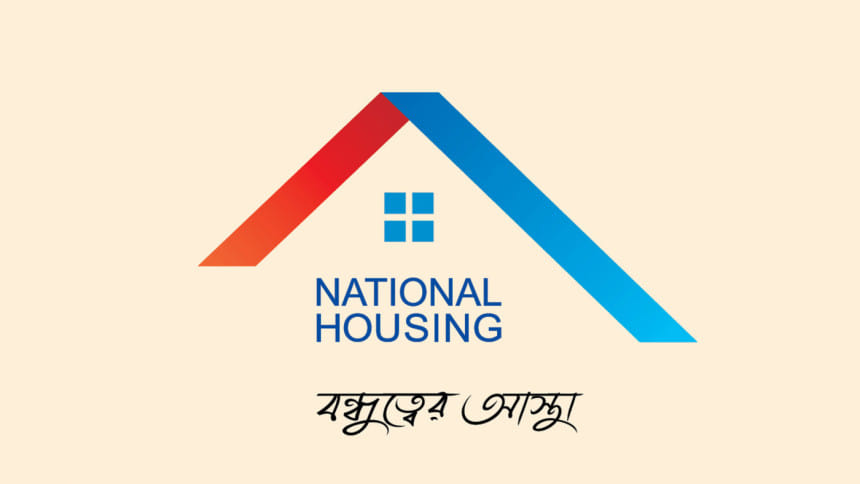Adopting advanced technology is crucial

Mohammad Shamsul Islam
Managing Director and CEO, National Housing Finance
Non-bank financial institutions (NBFIs) in Bangladesh play a pivotal role in the country's financial ecosystem, offering services ranging from leasing and housing finance to merchant banking and microcredit. In the face of the current financial crisis, characterized by liquidity constraints, rising non-performing loans, and economic uncertainty, NBFIs need to adopt innovative strategies to remain resilient and drive sectoral growth. Additionally, leveraging government support is crucial for facilitating further expansion of the sector. Diversifying financial products is essential for NBFIs to mitigate risks and explore new revenue streams. By offering a broader array of services such as microfinance, SME (Small and Medium Enterprises) financing, green finance, and Islamic finance, NBFIs can cater to various market segments often underserved by traditional banks.
Investing in eco-friendly projects can attract environmentally conscious investors and align with global sustainability goals. Offering Sharia-compliant financial products can attract customers seeking ethical banking solutions.
Adopting advanced technology is crucial for enhancing operational efficiency and customer service. Online portals and mobile apps can facilitate seamless transactions and customer interactions. Utilizing data analytics and artificial intelligence for credit risk assessment can enable NBFIs to make more accurate lending decisions and minimize default rates. Robust risk management practices are vital for NBFIs to withstand financial shocks and maintain stability. Developing comprehensive risk assessment frameworks can help in identifying potential risks and implementing mitigation strategies. Enhancing credit appraisal mechanisms ensures better evaluation of borrower creditworthiness.
Government support is instrumental in bolstering the resilience and expansion of the NBFI sector. Key areas where government intervention can make a significant impact include: simplifying licensing procedures, reducing bureaucratic hurdles, and providing tax incentives to create a more conducive environment for NBFIs. For instance, streamlined regulations can encourage new entrants and foster competition within the sector. Government-backed refinancing schemes and credit guarantee programs can improve NBFIs' access to low-cost funding. These initiatives can enable NBFIs to extend more credit to businesses and individuals, stimulating economic activity.
Government programs aimed at capacity building can enhance the skills and competencies of NBFI professionals. Training programs and workshops can ensure that employees are well-equipped to manage complex financial operations and adopt best practices.
To spearhead the finance sector amidst the current crisis, NBFIs in Bangladesh must adopt a multifaceted approach that includes product diversification, technological integration, and enhanced risk management. Collaboration with fintech companies and a focus on financial inclusion can further drive growth. Leveraging government support through regulatory reforms, funding access, and capacity-building initiatives will be crucial in facilitating the sector's expansion and ensuring its long-term sustainability.

At a glance
- National Housing Finance is a private-sector housing finance company incorporated in August 1998 as a public limited company under the Companies Act 1994. The Company obtained a license from Bangladesh Bank under the Financial Institutions Act, 1993 in December 1998.
- National Housing Finance offers a range of products across three categories. Home Mortgage Loans encompass options like Flat Purchase, Self Construction, Group Home Loan, NRB Home Financing Scheme, Renovation Home, Housing Plot Purchase, Commercial Space Purchase, Any Purpose Property Loan, and Project Loan. Term Loans include Term Finance and Lease Finance, while SME Finance offers Sonirvor, Sonirvor Nari, Jagoron, Kristi, SME for Agro Processing Industries, and Loans under Jica Fund.
- The shareholding structure of National Housing is segmented into four categories: banks hold 14.16%, insurance companies account for 29.76%, local corporate and business groups comprise 18.30%, and general shareholders represent 37.78%.
![]()

 For all latest news, follow The Daily Star's Google News channel.
For all latest news, follow The Daily Star's Google News channel. 




Comments